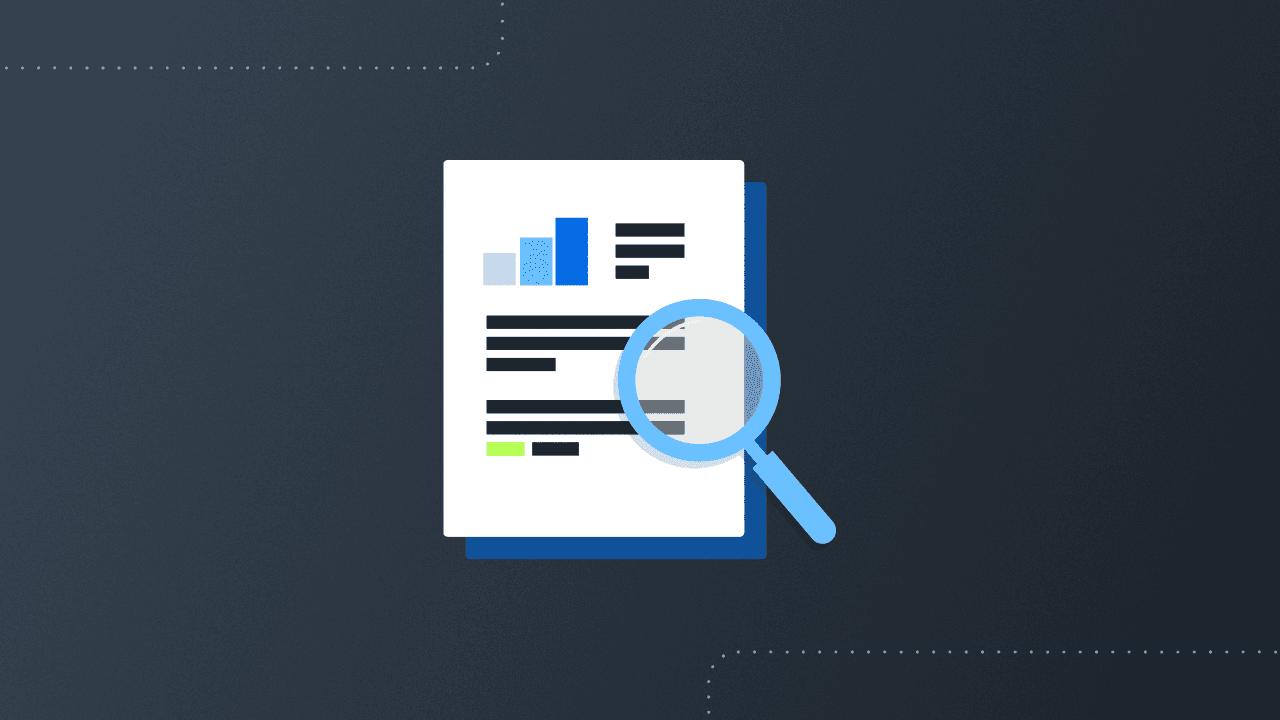
What's Inside
SOC 2 compliance acts as a critical building block to a strong security posture and can positively shape a startup’s long-term trajectory.
3 Reasons Why Startups Need SOC 2

SOC 2 compliance acts as a critical building block to a strong security posture and can positively shape a startup’s long-term trajectory.
Get Started With Drata
For a startup, security can feel like an afterthought when product-market fit and growth are the most pressing objectives. Instead of proactively pursuing compliance, startups are typically focused on generating revenue, acquiring new customers, and ensuring customer success.
But many customers require SOC 2 compliance from new vendors. It’s a necessity for companies that want to respond to the requirements of new accounts, attract enterprise-level (and even mid-market) customers, and build a culture of trust. So when a startup is unable to immediately deliver on that request, they risk significant delays in their sales cycle, or even losing prospective customers.
And it’s not just about customer requests. SOC 2 compliance acts as a critical building block to a strong security posture, and establishing that early on can positively shape a startup’s long-term trajectory.
Here are three reasons why startups should prioritize SOC 2 compliance.
For startups, earning customer trust is key to business growth, especially as companies assess the risk of working with a third party. So it’s not uncommon for sales deals to stagnate because a company doesn’t have a SOC 2 report.
Many enterprise-level customers are now requiring proof of compliance in order to move forward with a partnership—which means without SOC 2, crucial revenue may be on hold. They know that startups are less likely than larger companies to have well-funded security teams that ensure the privacy of customer data.
Any company—especially a new one—that can’t “walk the walk” with security, risks losing major deals that help fuel growth. And if one customer asks for a SOC 2 report, they definitely won’t be the last.
When it comes to evaluating companies that will have access to sensitive data, SOC 2 has become the minimum bar.
There were 1,291 data breaches publicly reported between January and September 2021, representing a 17% increase from the previous year. Decision-makers know that these kinds of breaches can result in expensive fees, legal issues, and worst of all, reputational damage and a loss of trust.
Obtaining a clean SOC 2 report requires an independent attestation that an organization has strong cybersecurity controls in place to protect customer data. And it’s not just about achieving compliance—maintaining it is just as critical to the health of the business.
Continuously monitoring and implementing the right controls holds startups accountable to operating the business in a secure manner. For example, offboarding an employee from the company is just as important as when they were initially onboarded, to ensure they no longer have access to confidential files or systems.
SOC 2 forces startups to implement strong cybersecurity controls, preventing them from sacrificing security for ease-of-use.
Pursuing SOC 2 compliance early on helps put security and trust at the center of every decision, across every department.
For example, when DevOps teams code with security in mind, they create a more secure product from the get-go, avoiding problems later on. When marketing staff are wary of sending unsecured emails with customer data, they avoid breaching customer privacy. Empowering teams with the right training establishes trust across the company and keeps everyone on alert for potential threats.
Ultimately, a security-first culture helps startups to avoid losing time and money on cleaning up errors. It also helps them create scalable, secure processes for acquiring bigger customers, handling more data, and even building new products.
Choosing the manual route for SOC 2 compliance is enormously time-consuming and tedious.
If a startup isn’t prepared with a recent SOC 2 attestation in response to a customer request, it risks the loss of hundreds of hours of labor and a deal-breaking delay in the sales cycle – and possibly walking away from revenue to begin with.
SOC 2 compliance spans data across an entire organization. It demands hundreds of screenshots and a deep dive into company processes such as evidence collection, onboarding/offboarding, data storage, and more.
Fortunately, automation has made it fast and simple for startups of every size to obtain SOC 2 compliance. Whether a startup has two employees or 2,000, Drata makes it simple to attain SOC 2 compliance, accelerate sales, and scale for the future.
Keep Reading
Take Your Learning Further
Discover research, playbooks, checklists, and other resources on SOC 2 compliance.